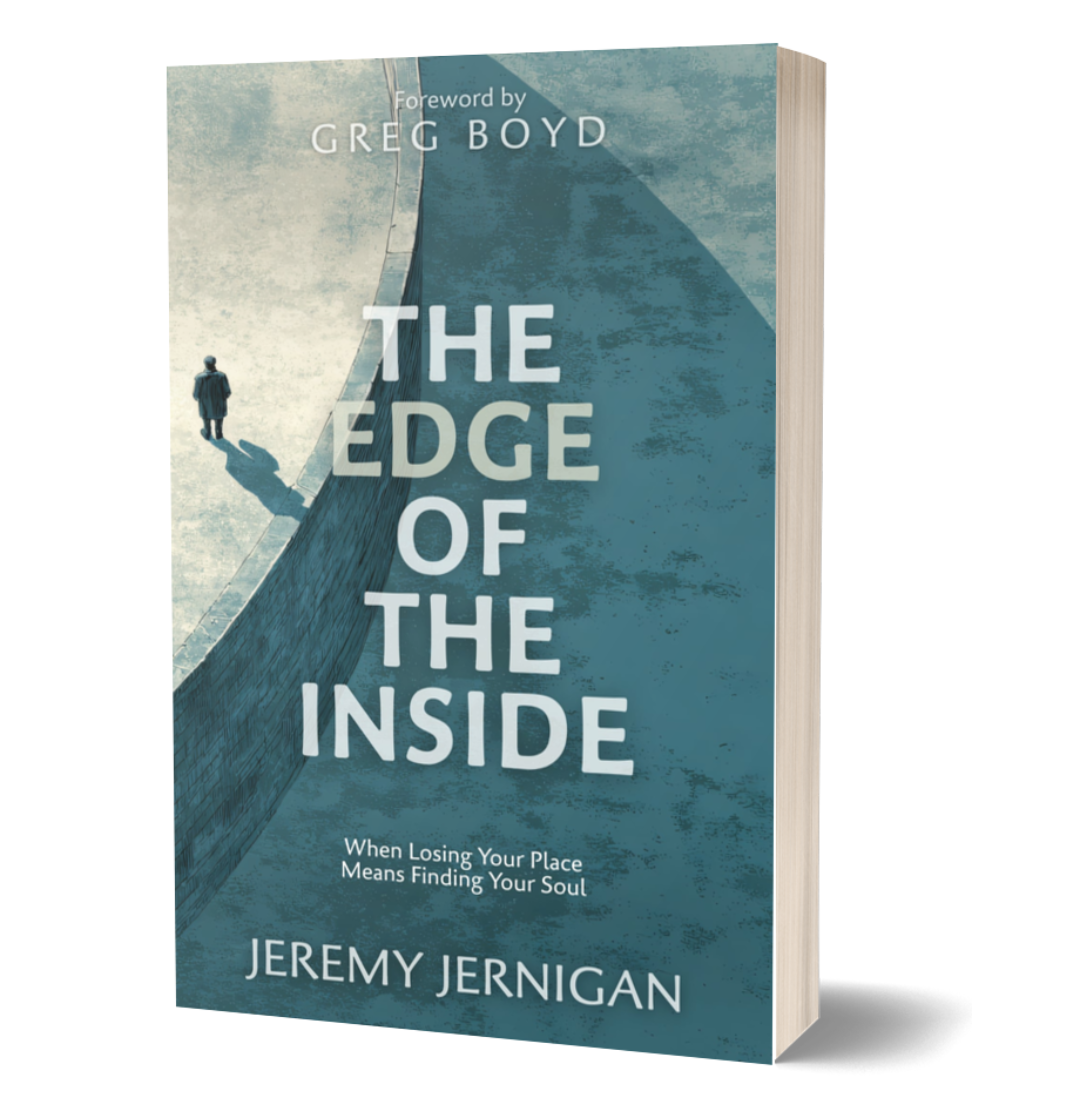The Bible is a Diving Board

The American cartoonist Alison Bechdel established a way to measure the representation of women in film and story. The Bechdel test (sometimes called the Bechdel-Wallace test) has three criteria:
- There are at least two women in it
- They have a conversation together
- The conversation is about something other than a man
These criteria are pretty simple and offer one way to measure gender inequality. One study of films from 1950-2006 concluded, "The average number of male and female main characters in films has remained stable over time, with male characters outnumbering female characters by more than two to one" (source). Even more concerning, the study found that "Although women continue to be underrepresented in films, their disproportionate portrayal in more explicit sexual content has grown over time."
That's probably not a shocking conclusion for any of us.
But what if I asked you to apply the Bechdel test to the Bible? How many books do you think would meet these three simple criteria?
According to pastor and author Nadia Bolz-Weber, only six books of the Bible pass the test. They are Exodus, Ruth, Samuel, Kings, Mark, and Luke. For perspective, there are 66 books in the Bible, which means only 11 percent of the Bible passes the Bechdel test (obviously, not all books in the Bible are in story format).
But it reminds us that Biblical authors portrayed God within their own perspectives and limitations (and why there is no Biblical worldview). This is also why one of the most controversial topics I regularly teach is viewing God as both Mother and Father instead of referring to God in only masculine terms. That continues to be a bit too much for many Christians today, even though we find evidence for this type of language within the Scriptures themselves.
We read the Bible to point us to God's fullness rather than using the Bible as the limit of our view of God. God is not confined to those pages, but many Christians' theology is. As a reminder, you don't need a verse for everything you believe (see: God is Not Limited).
The Bible should be the diving board we jump off to launch us into our experience with God. Staying on the diving board does not equal swimming. Like the child learning to swim and fearing the deep end, we sometimes jump up and down on the board and think that's all we can do. But the deep end is the point, not the diving board.
God is the deep end. That's why we consider the direction the biblical authors take us, not just what they said for their time. I don't think gender inequality accurately portrays who God is (the same goes for much of the theology we often attribute to God in today's American evangelicalism). Staying on the diving board allows you to have Biblical ideas that look nothing like Jesus.
So jump off the board and feel the water for yourself.
Photo by Markus Spiske on Unsplash
Sign up with your email and never miss a post!
We hate SPAM. We will never sell your information, for any reason.





